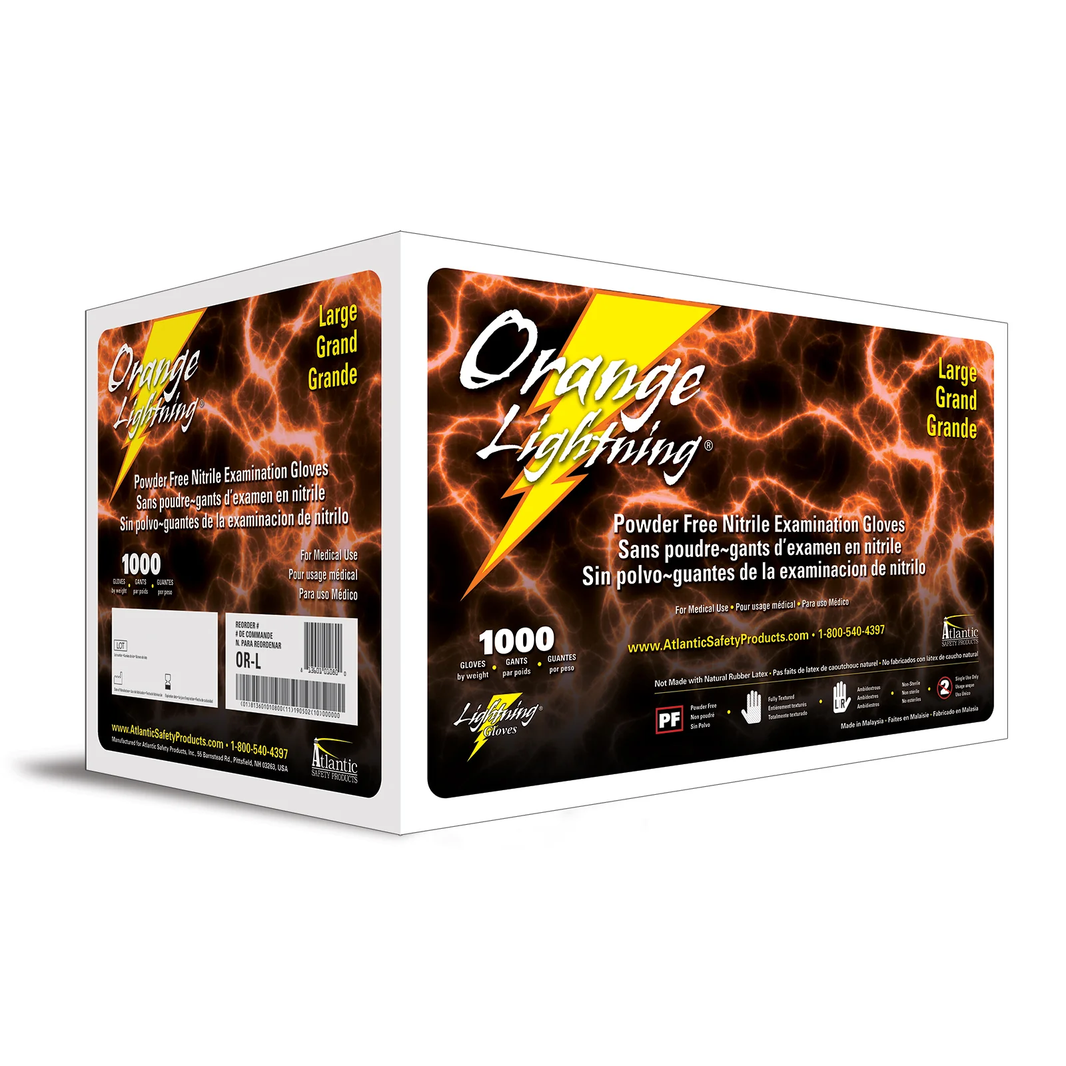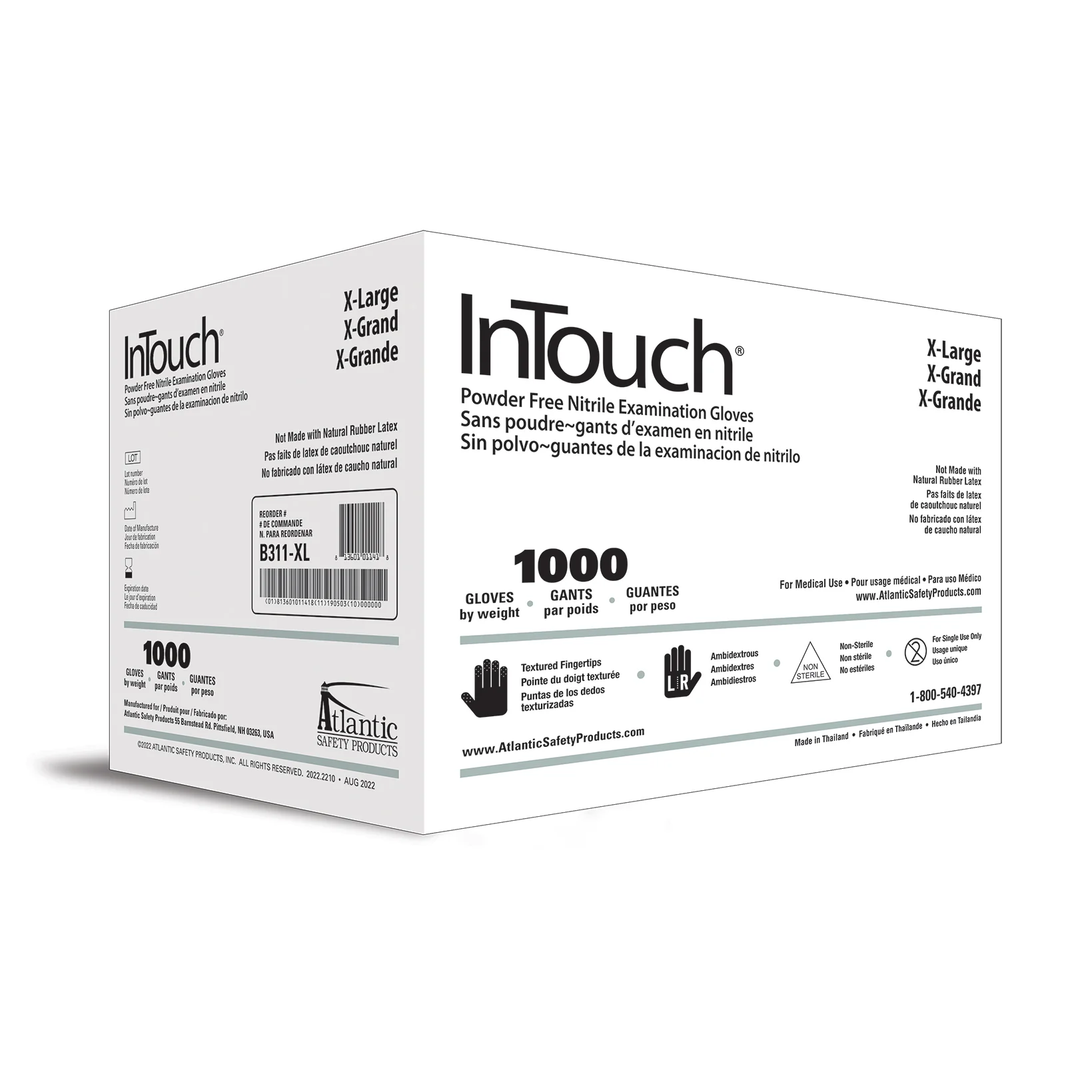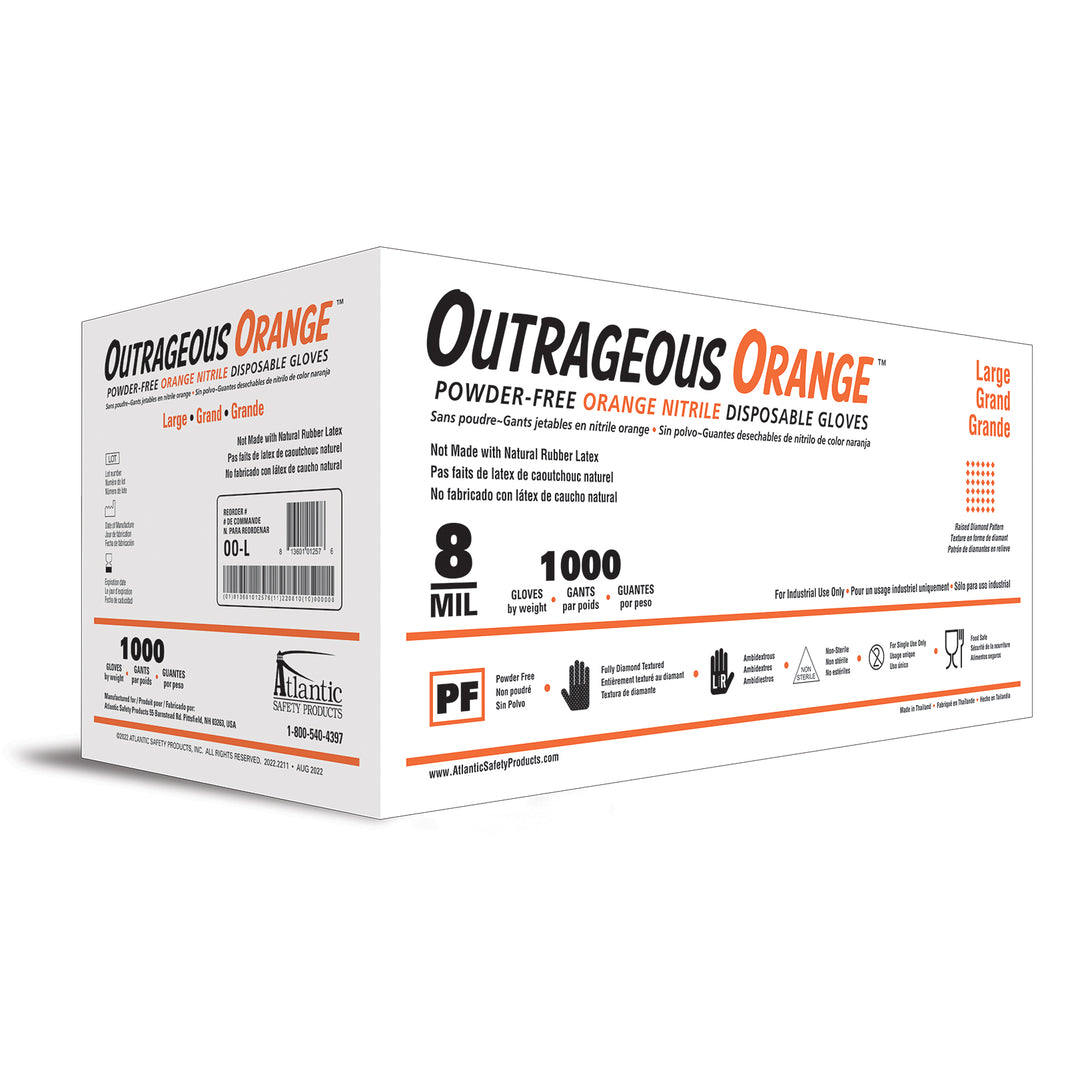In the fast-paced world of automotive repair, safety should never take a back seat. Whether you're working in a small garage or a full-service auto body shop, the daily demands of lifting, cutting, welding, and handling hazardous chemicals create an environment where injuries can happen fast. The good news? Most injuries are preventable with the right gear, processes, and awareness.
This article provides a comprehensive safety checklist to help mechanics reduce workplace injuries and keep their shops running smoothly. We'll also highlight how Atlantic Safety Products can help protect the hands that keep America moving.
Why Workplace Safety in Auto Repair Matters
From minor cuts and burns to serious chemical exposure and repetitive strain injuries, automotive repair carries real risks. According to the U.S. Bureau of Labor Statistics, automotive technicians experience thousands of recordable injuries each year. Most injuries stem from:
- Hand and finger lacerations
- Eye injuries from debris or chemical splashes
- Slips, trips, and falls
- Exposure to hazardous substances
- Musculoskeletal issues from repetitive motion or heavy lifting
A few proactive steps can drastically reduce these risks, especially when paired with durable, professional-grade safety gear.
Mechanic’s Safety Checklist: Preventing Injuries Before They Happen
Use this checklist to promote a culture of safety in your shop. Post it in shared workspaces, review it during team meetings, and make it a routine part of every job.
1. Wear the Right PPE Every Time
Personal protective equipment (PPE) isn’t just a formality—it’s your first line of defense. For mechanics, that includes:
- Black nitrile gloves to protect against oils, solvents, and sharp edges
- Safety goggles or face shields to prevent eye injuries
- Steel-toed boots to avoid foot injuries from dropped tools or parts
- Hearing protection when working near compressors or loud tools
- Coveralls or mechanic’s suits to reduce skin contact with chemicals
Atlantic Safety Products specializes in black nitrile gloves designed specifically for tough jobs. Their gloves offer superior resistance to chemicals and punctures—ideal for greasy environments and oily hands. Plus, they’re powder-free and latex-free, making them a smart choice for mechanics with skin sensitivities or allergies.
✍️ Pro Tip: Always replace gloves when torn, punctured, or heavily soiled—don’t wait for your hands to tell you it’s too late.
2. Keep Work Areas Clean and Dry
Slippery floors and cluttered workstations are accidents waiting to happen. Mechanics often work in tight spaces with sharp tools and heavy parts, so clear pathways are essential.
- Clean up oil spills immediately
- Store tools in designated areas
- Use anti-fatigue mats in high-traffic zones
- Install slip-resistant flooring where possible
3. Use Proper Lifting Techniques
Back injuries are common in auto shops, often caused by lifting heavy equipment or parts improperly. Every technician should be trained to:
- Bend at the knees, not the waist
- Lift with the legs, not the back
- Get help with anything over 50 pounds
- Use mechanical lifts or hoists for engines, transmissions, and other large parts
✅ Encourage a “no hero lifts” policy—there’s no glory in throwing out your back.
4. Label and Store Chemicals Safely
Automotive work involves exposure to brake cleaner, transmission fluid, paint thinners, and other hazardous materials. These should always be:
- Clearly labeled in their original containers
- Stored in well-ventilated, designated areas
- Handled with chemical-resistant gloves like those from Atlantic Safety Products
Atlantic Safety’s orange nitrile gloves are a great choice for high-visibility jobs. They help ensure techs can spot tears or contamination fast and offer added durability for handling harsh substances.
🧪 Always consult Safety Data Sheets (SDS) for proper handling and disposal of chemicals.
5. Protect Eyes and Face
Flying debris, battery acid, and brake dust are just a few hazards mechanics face daily. Protect your eyes and face with:
- Impact-resistant safety glasses
- Full face shields when grinding or sanding
- Respirators when working in poorly ventilated areas or around exhaust fumes
Eye injuries are among the most common in the industry and often the most easily prevented.
6. Inspect Tools and Equipment Regularly
Worn-out tools, damaged cords, and malfunctioning lifts can all lead to injury. A quick inspection at the start of the day can prevent accidents down the line. Check for:
- Cracks in tool handles
- Frayed electrical cords
- Hydraulic fluid leaks
- Loose screws or missing safety guards
Create a maintenance log and make it part of your team's weekly safety routine.
7. Reduce Repetitive Strain with Ergonomic Tools
Auto repair is physically demanding work that often involves awkward positions and repeated motions. To reduce long-term injuries:
- Use ergonomically designed tools and creepers
- Take short breaks to stretch and reset your posture
- Rotate tasks among team members to avoid overuse injuries
Investing in comfort today means fewer doctor visits tomorrow.
8. Communicate Hazards Clearly
Clear communication saves lives. Post signage around the shop to alert employees of potential risks:
- “Watch Your Step” near slick areas
- “Wear Gloves” around chemical stations
- “Eye Protection Required” zones
Encourage team members to speak up if they notice something unsafe. A safety-first culture starts with open dialogue.
Why Glove Choice Matters More Than You Think
Mechanics rely heavily on their hands. That’s why choosing the right glove isn’t just about comfort—it’s about safety, efficiency, and even compliance.
Atlantic Safety Products offers gloves that are:
- Thicker and stronger than standard nitrile gloves
- Textured for improved grip on greasy parts
- Chemical-resistant for protection against solvents, oils, and fuels
- Available in black and orange to meet visibility and contamination-prevention needs
Unlike latex, nitrile doesn’t degrade when exposed to petroleum-based substances—making it the gold standard for the automotive industry.
Final Thoughts: Make Safety a Daily Habit
Workplace safety isn’t a one-and-done checklist—it’s a habit. A daily commitment to PPE, clean workspaces, communication, and proper tool use can drastically reduce the risk of injury. For mechanics and shop owners alike, that means fewer accidents, fewer lost workdays, and a healthier, more productive team.
Atlantic Safety Products is proud to support the auto industry with high-performance nitrile gloves that offer superior protection and all-day comfort. Because protecting hands is more than a safety measure—it’s a smart business decision.
Need gloves you can count on? Visit Atlantic Safety Products to explore their full line of automotive-ready nitrile gloves today.






